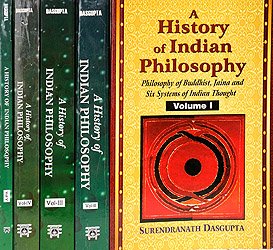A History of Indian Philosophy Volume 5
Southern Schools of Śaivism
by Surendranath Dasgupta | 1955 | 79,816 words | ISBN-13: 9788120804081
This page describes the philosophy of vatulagama: a concept having historical value dating from ancient India. This is the sixth part in the series called the “literature of southern shaivism”, originally composed by Surendranath Dasgupta in the early 20th century.
Part 6 - Vātulāgama
Vātulāgama from Adyar with commentary seems to be almost identical with the Vātulāgama of the Mysore Oriental Research Institute, only with this difference that the Vātulāgama of Mysore contains more verses in the concluding tenth chapter in which the Vīra-śaiva doctrine is praised above other Śaiva doctrines. But the original beginning is more or less like the general Śaiva doctrine as may be found in Tattva-prakāśikā with Aghora-śivācārya’s commentary. There is also the tendency to derive the existence of Śiva as the ultimate reality on the basis of inference, as may be found in the Siddhānta systems of Śaivism, such as the Mṛgendrā-gama or in the Lākulīśa-Pāśupata system. The supplementary portion of Vātulāgama introduces the doctrine of liṅga-dhāraṇa of the Vīra-śaivas, but does not say anything about its specific philosophy or about its other doctrines associated with ṣaṭ-sthala.
Footnotes and references:
[1]:
Oriental Research Institute, Mysore.
